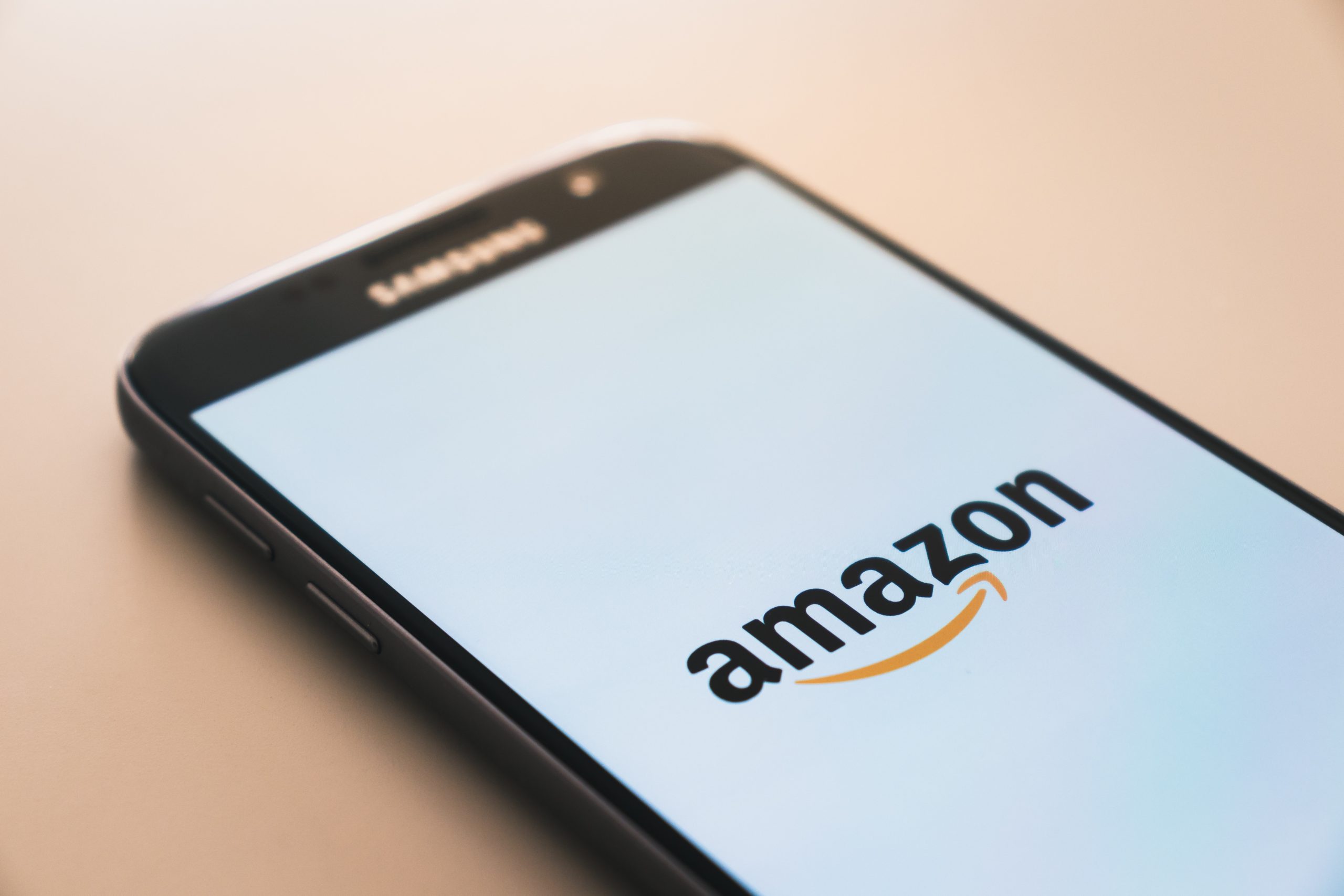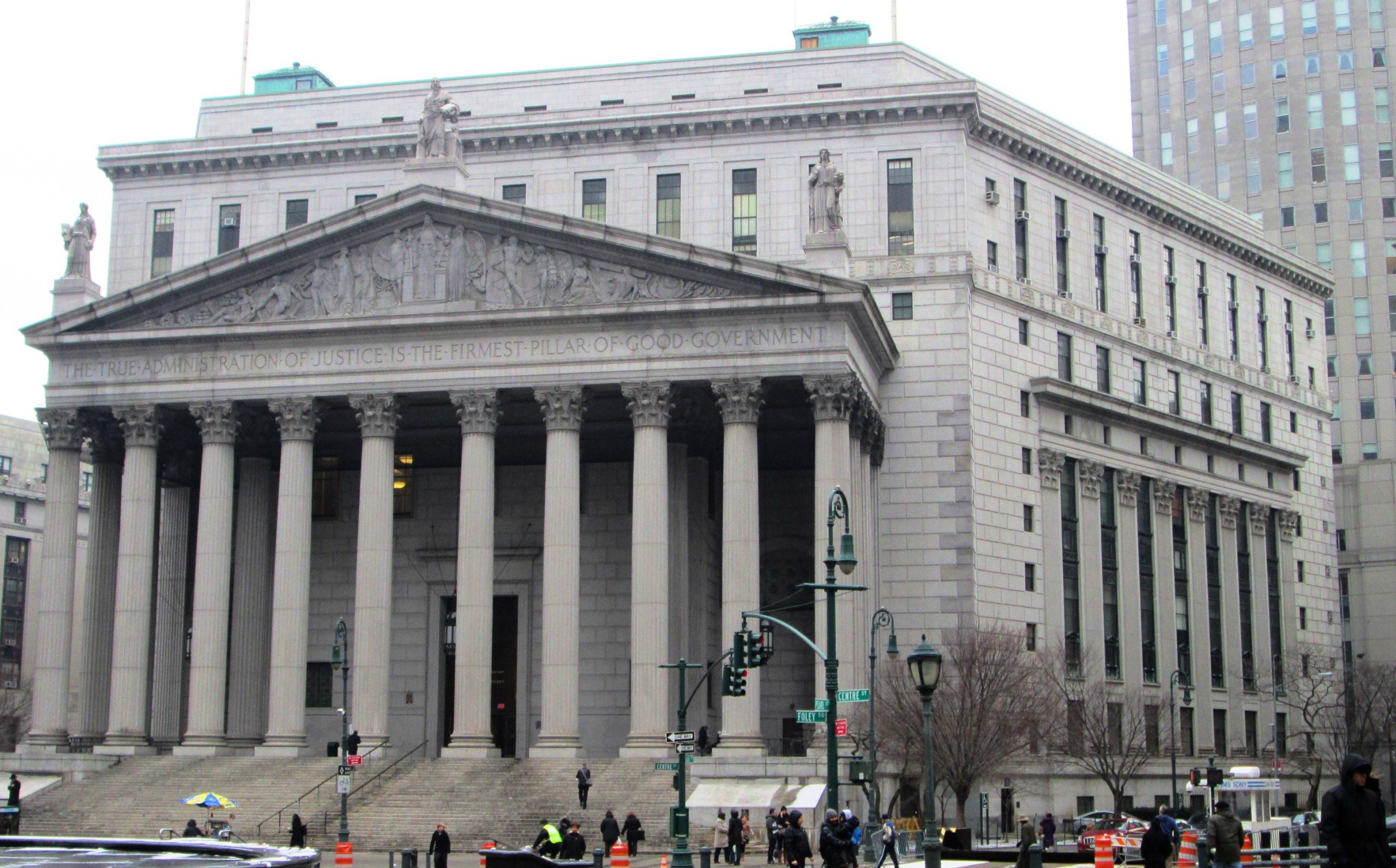Introduction
“Hey Alexa, do you know that your parent company Amazon is facing some serious legal troubles over allegations of unlawful data collection? It looks like the popular voice assistant may have been listening a little too closely to our private conversations. Let’s explore the latest developments in this controversial case and what it could mean for our privacy rights in the age of smart technology.”
What is Amazon Alexa?
Amazon Alexa is a digital assistant that is part of the Amazon ecosystem. Alexa is capable of voice interaction, music playback, making to-do lists, setting alarms, streaming podcasts, playing audiobooks, and providing weather, traffic, and other real-time information. Alexa can also control several smart devices in the home.
There are concerns that Alexa may be unlawfully collecting data from children without their parents’ knowledge or consent. In July 2019, a coalition of privacy and child advocacy groups filed a complaint with the Federal Trade Commission (FTC) alleging that Amazon’s Echo Dot Kids Edition violates child privacy laws. The complaint alleges that Amazon collects children’s personal information without their parents’ knowledge or consent, including data about their daily routines and preferences.
The FTC has not yet announced whether it will investigate the complaint against Amazon. However, the agency has been investigating similar allegations against other tech companies, such as Google and Facebook. If the FTC finds that Amazon has violated child privacy laws, the company could be subject to fines and other penalties.
Allegations of unlawful data collection by Alexa
It has been alleged that Amazon’s voice-activated assistant, Alexa, has been unlawfully collecting data from children without their parents’ consent. It is claimed that Alexa has been used to collect sensitive personal information from children, such as their addresses, contact details and credit card information. This has led to concerns over how secure the data collected by Alexa is and whether it could be used for criminal purposes.
There have also been allegations that Amazon employees have been listening to recordings of people’s conversations with Alexa in order to improve the service. However, it is unclear how much access these employees have to people’s personal data.
Amazon has denied any wrongdoing and has said that it takes data security and privacy seriously. It has also stated that it does not allow employees to access customers’ personal information unless they have explicit permission from the customer.
How does Amazon Alexa work?
Amazon Alexa is a voice-activated assistant that is used to control various smart devices and perform tasks such as setting alarms, playing music, and adding items to a shopping list. It is also used to access information from the internet, such as weather reports and directions. Alexa is always “on” and listening for her wake word, which is “Alexa.” Once she hears her wake word, she begins recording everything that is said after it until she hears the keyword “stop” or detects that no one is speaking anymore. This recorded data is sent to Amazon’s servers where it is stored and analyzed.
Some people are concerned about privacy issues with Amazon Alexa because of how it records and stores data. Recently, there have been allegations that Amazon unlawfully collected children’s data through Alexa-enabled devices without their parents’ consent. These allegations are currently being investigated by the U.S. Federal Trade Commission.
Amazon’s response to the allegations
In July, a group of Amazon shareholders filed a lawsuit against the company, alleging that its Echo smart speakers unlawfully collect data on children without their consent. The lawsuit claims that Amazon violated state and federal laws by collecting voice recordings and other personal information from children without their parents’ knowledge or consent.
Amazon has responded to the lawsuit, denyin
The implications of the allegations
As Amazon faces legal troubles over allegations of unlawful data collection by Alexa, it is important to understand the implications of these allegations. If true, these allegations would mean that Amazon has been unlawfully collecting data from children and adults without their knowledge or consent. This would be a violation of privacy laws and could result in significant fines for the company. In addition, it could damage Amazon’s reputation and credibility with customers and lead to a loss of business.
Conclusion
Amazon has been in the crosshairs of legal action over its allegedly unlawful data collection by Alexa. Although the company has promised to make changes, it is clear that more needs to be done to protect consumers from privacy invasions and ensure that their personal information is safe. Until then, users must remain vigilant about their interactions with Alexa and other digital voice assistants to shield themselves from potential abuse or misuse of their data.










